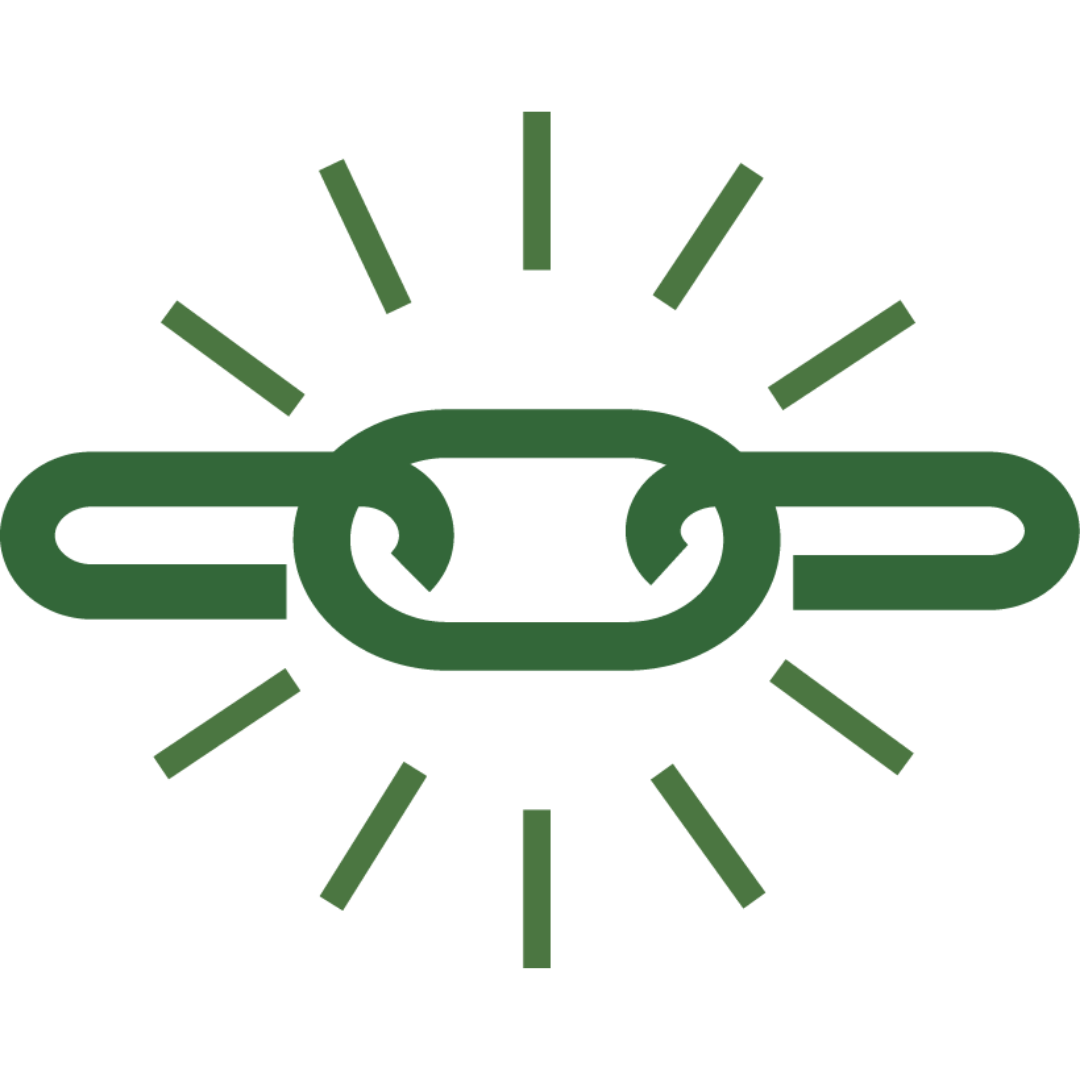High Blood Pressure: The Silent Killer
Your doctor tells you that you have high blood pressure. So what? There aren’t really any issues (as in symptoms) to speak of…so why should you even care?
The problem is this: Your doctor also told you that high blood pressure – also known as hypertension – can cause heart disease and stroke.
Heart disease is the number ONE cause of death in the United States.
Stroke is the THIRD leading cause of death in the United States.
That means that it can kill you; essentially it’s a silent killer.
It’s not comforting news, now is it? In fact, it probably brings up some stressful feelings of anxiety and fear – which, in turn, further perpetuate the problem because your blood pressure is even higher due to the unneeded worry.
And, for better or worse, you’re in good company because about 70 million other adults – that’s 1 in every 3 of us – also has high blood pressure in the United States.
What, then, is the problem with high blood pressure?
Hypertension: High Blood Pressure
As we dig into the problem of hypertension, let’s take a peek at what’s happening behind the scenes.
When you have high blood pressure, it means that there is an unusually high force being applied to your artery walls as the blood flows through. This isn’t necessarily a bad thing in and of itself. However, if this elevated pressure goes on too long, this is where we see serious health risks – like heart disease and stroke.
But what’s causing the elevated blood pressure?
The Cause of Your High Blood Pressure
What’s the root cause of the problem?
Unfortunately, I don’t know. And you probably don’t know either. (Otherwise, why would you be reading this?!)
We can’t be certain about the underlying cause of your hypertension but we can look at some key influencers that contribute to hypertension, like:
- Your DNA / genetics. To some extent, you can thank your parents (and on up the family tree). To be more certain, you can actually check your DNA by using a service like 23andme that tests your DNA.
- Your Age. Blood pressure often increases as we get older. But don’t use this as an excuse. Because there’s likely something else contributing to your health issues…
- Your Eating and Exercise Habits. Yes, you’ve heard this one before. “An apple a day keeps the doctor away!” Except I would substitute the apple with something that has less sugar and more nutrients – like broccoli.
- Smoking. Just don’t do it. If you must get your nicotine fix, at least do yourself a favor and don’t smoke tobacco.
- Sleep. If you’re not sleeping sufficiently at night then you are likely going to have all sorts of issues that cause problems to your body and mind.
- Lower Stress. Easier said than done, right? But there are things you can do to drastically lower your stress…
I know, it’s a lot to consider so let’s dive into the top solutions you can implement TODAY to lower your blood pressure.
The Broad Solutions for Hypertension
If you’re serious about lowering your blood pressure you will:
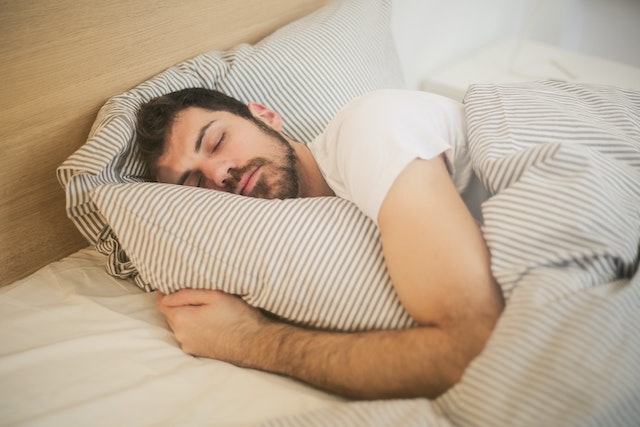
Rest
Sleep is important for overall well being. It’s so important, in fact, that 3 of the 7 solutions listed here have to do with sleep. The CDC reports that more than a third of US adults don’t get enough sleep. And the Mayo Clinic reports, “Over time, a lack of sleep could hurt your body’s ability to regulate stress hormones, leading to high blood pressure.” And I strongly believe that if you are sleeping well, it makes everything else in your life easier – like eating well and exercising.
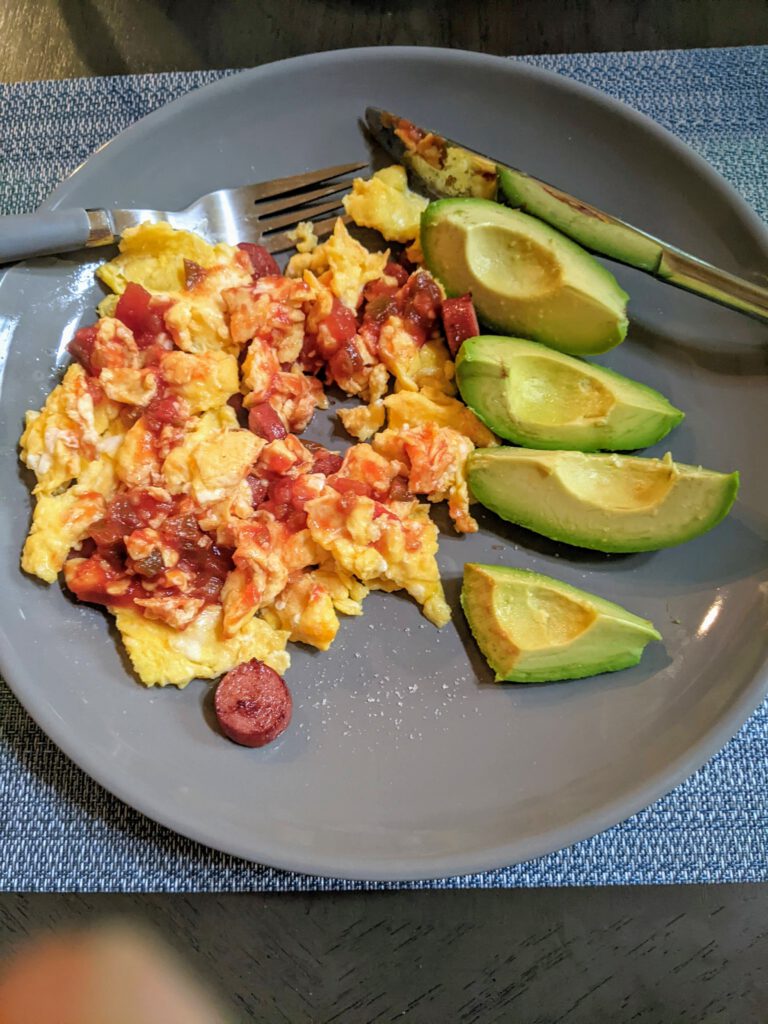
Eat (or don’t)
The food we put into our bodies (and the food we don’t put into our bodies) is a close second behind sleep in terms of importance of overall health (in my opinion of course). Chris Kresser says, “Fortunately, high blood pressure can often be improved or even completely reversed by returning to a diet and lifestyle that is more consistent with our evolutionary heritage.”
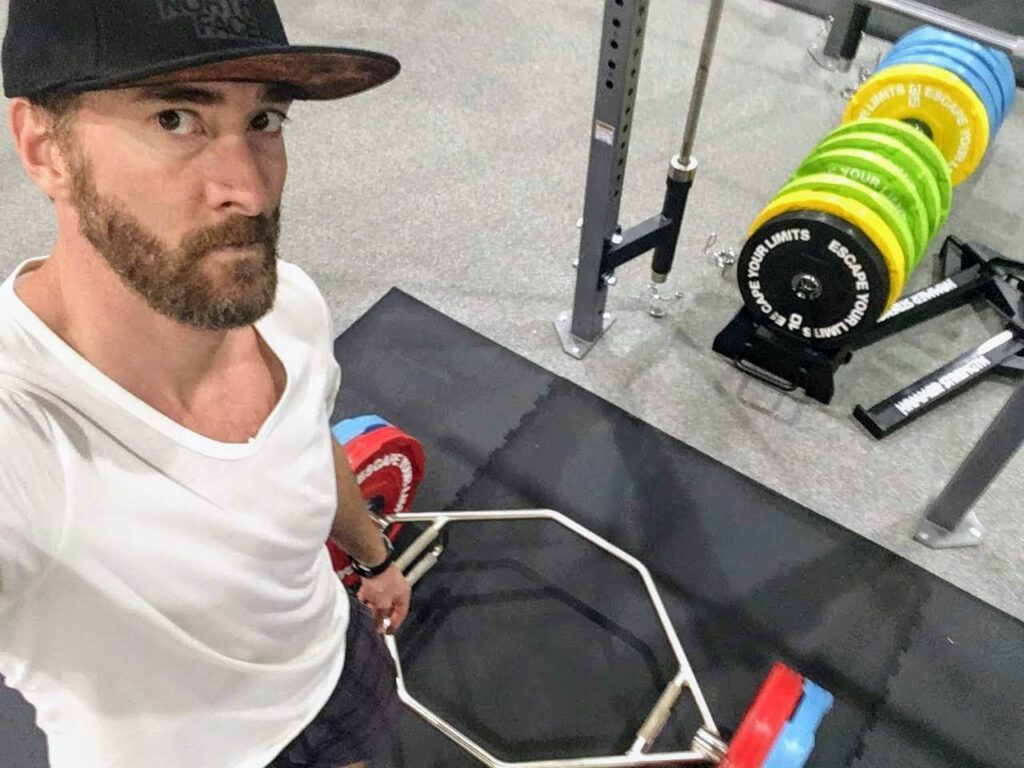
Move
This probably comes as no surprise to anyone: regular physical activity can bring your blood pressure down to safer levels. You know this; yet many don’t do it. Or… you don’t know what is the right type or amount of exercise for you.
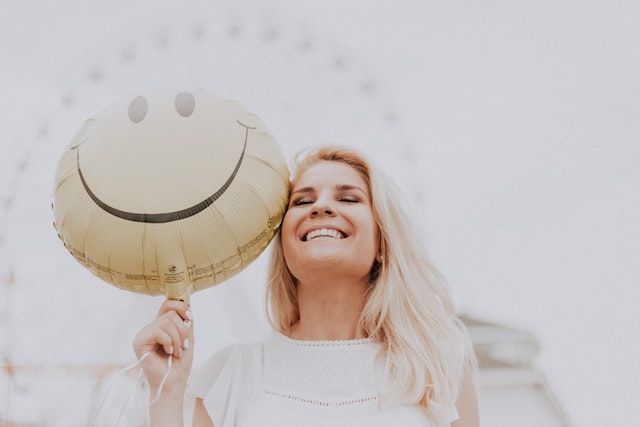
Don’t worry; be happy now
Stress less. Be happy. If you have your rest, eating and movement down, then this shouldn’t be too much of an issue. But it is important. We all have different things in our lives that cause stress and we need effective ways to deal with them.
And now, the moment you’ve been waiting for:
7 Tried and True Tips for Lowering Your Blood Pressure
- Sleep at the same times
What does it mean to “sleep at the same times”? It means you want to go to bed and wake up at the right times. Generally this means that you awake right around sunrise and that you go to sleep about 7 hours before that. But remember that everyone is different; YOU are different. Thus you’ll want to experiment with different times and find out what works best for you – and your health. Some people do well on as little as 5 or so hours of sleep (perhaps due to a genetic mutation) while others (especially youth) often need more sleep. Keep in mind that, when you change your sleep habits and sleep time, you will want to stick with it consistently for a few weeks before you make any drastic changes. Furthermore, even one late night a week can wreak havoc on your health. So, as you experiment with your sleep be sure to see how your blood pressure changes (hopefully improving!) over time.
- Turn out the lights
As part of what’s considered good sleep hygiene, it’s important to prepare yourself (your brain and overall biology, that is) for bed. The problem is that most of our artificial lighting emits a blue spectrum of light that tells our minds and bodies that it’s still high noon – and that there’s no reason for us to slow down. With these signals your body prolongs elevated levels of cortisol (often thought of as the stress hormone) while delaying production of melatonin (or your sleep hormone). So what should you do?
- Turn off your lights – including your TV, phone and tablet – at least 2 hours before bedtime.
- If you need some light, use amber or red lights that limit the amount of blue light. Or use fire or candle light.
- If you need to look at your screens on your TV, phone, etc, then install software that blocks the blue light. For your computer, get f.lux; for your iDevice, turn on Night Shift mode; and for your Android device, install Twilight.
- You can also wear blue-blocking glasses that will help reduce the amount of blue light you see.
When you do go to bed, it should be completely dark. You shouldn’t be able to see your hand in front of your face. You can install blackout curtains to block the light and/or wear a sleep mask. (But keep in mind that your skin senses light as well so some of the above solutions won’t completely solve the problem.)
- Go Paleo (ish)
Remember how we mentioned the importance of eating (or not) above? Well, here’s a solution that’s showing many positive health benefits and, if followed correctly, will most likely lower your blood pressure. Rather than going into the theory and full on practice of a paleo diet, I’ll give you some ideas that will likely have a big impact on your overall health and bring down your blood pressure:
- Eliminate sugar. And, yes, fruits are high in sugar so limit fruits – and favor fruits like lemons and berries over watermelon and apples.
- Eliminate bad oils and fats. Instead of sugar and bad fat, use grass-fed butter, ghee, grass-fed beef tallow and coconut oil. And don’t heat it too high (or else you’ll oxidize the fat).
- Eliminate gluten, grains and legumes. Instead eat plenty of organic vegetables – like lightly steamed broccoli.
- Get up and MOVE
As you may have heard, “sitting is the new smoking”. Simply getting up and moving about during the day can do wonders for your health. If you spend your days seated, do something to make sure that you get up and move around on a regular basis. You can set Pomodoro work timer to remind you to take frequent breaks. If you want to push yourself a bit more and get even more benefit, you can do HIT workout.
What’s HIT? High Intensity Training; or High Intensity Interval Training (HIIT). Think of power movements and pushing yourself to the limit for relatively short bursts. Perhaps the easiest way to get into this is to do a 7-minute workout. Or an even quicker 4-minute tabata workout. Or lift heavy weights. But, if you prefer cardio, go for it. I recommend HIT simply because it gets you closer to the minimum effective dose of exercise. That is, the minimal exercise required to achieve your fitness goals.
- Be mindful
You’ve likely heard more and more lately about the benefits of mindfulness and meditation. I know it can be confusing for those of us getting into these practices for the first time. When I dove into meditation, I had heard all of the benefits so I wanted in. But I didn’t know where to begin. Begin by focusing on your breath. Sit in a comfortable, quiet place, close your eyes and simply follow your breath. When thoughts arise, acknowledge those thoughts and then turn your focus back to your breath. If you need some help, download an app (like Calm) to help guide you through it.
- Be grateful
The power of gratitude is another trend that appears to reduce stress and make us happy. To practice gratitude, simply find a time during your day (perhaps morning or evening) and think of what you’re grateful for in your life. Bonus points if you do this while being mindful – perhaps by first taking a deep breath and putting your hand over your heart.
- Expose yourself (to light)
Exposure to light during the middle of the day helps your body stay in tune with a healthy circadian rhythm. (Yep, we’re back to sleep – again.) Direct sunlight on your skin produces vitamin D – good for bone health, anti-cancer, mood, immune support, anti-dementia, fat burning, and so on – which, in turn, can boost your serotonin levels so that you sleep better at night. Furthermore, skin that is exposed to UV rays release nitric oxide which is shown to decrease blood pressure.
What do you do to lower your blood pressure?

Jason Ryer helps people improve their health and their lives – so that we have the STRENGTH to make the world a better place – with simple, actionable steps they can take to improve the body, mind and spirit. He offers realistic, science-backed ways to sleep and eat well, exercise, boost energy and lower stress.
